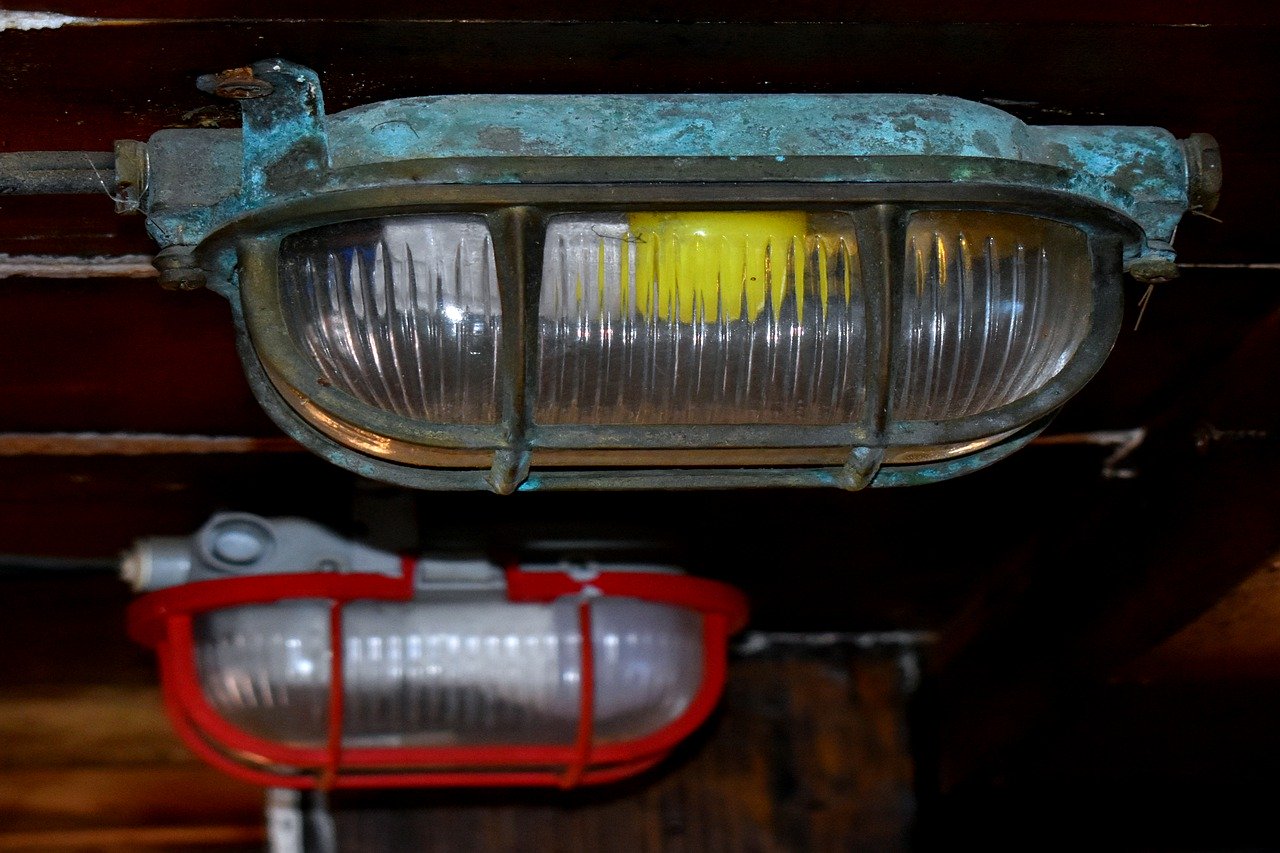By Andy Taylor
You can save yourself £100s by being in the know when it comes to renewing your electricity contract. Understanding both usage and the ins and outs of your contract can make you aware of charges that are hidden behind an initial tempting low unit rate.
Your bill is segmented into both commodity cost, (based on oil price) and the non-commodity costs, these include levies, taxes and of course commission. There are three main tariff options:
- The fully fixed contract with a guaranteed price over a fixed period. These often look costly but the rate is fixed and you are not exposed to price fluctuation.
- A fixed contract has the power to alter supply charges. They often come with attractive sign on rates but could leave you with a hefty unplanned bill.
- A pass-through contract. These generally offer a low unit rate when you sign but it won’t be fixed and will leave you exposed to price fluctuations.
In most cases a dairy farm should be on a day and night tariff and aim to achieve a 60% day and 40% night ration on its total energy use (typically a night tariff is cheaper than a day tariff). You can switch certain activities to night time such as: milk cooling, water heating and running your security lights to take advantage of the night tariff. By investing in a dual meter, you can analyse your day and night split. Some suppliers will fit these for free.
Meter readings should be recorded between 12am and 7am then 7am till 12am to have an understanding when power is used. If more than 15% is used at night you should consider moving and to a day and night tariff.
| Business Size | Average annual usage (kWh) | Average price (per kWh) | Standing charge (daily) | Average annual price |
| Microbusiness | 5,000 – 15,000 kWh | 13.2p – 14.5p | 23p – 27p | £650 – £1,800 |
| Small business | 15,000 – 30,000 kWh | 12.4p – 14.1p | 23p – 27p | £1,900 – £2,900 |
| Medium-sized business | 30,000 – 50,000 kWh | 12.2p – 13.3p | 23p – 27p | £3,300 – £5000 |
Most farms fit into the medium sized business category and enjoy lower rates than smaller businesses.
Getting the best deal
It can be a minefield when it comes to looking for a new supplier with competitive rates. Yet it is essential as many electricity suppliers will renew automatically on higher tariffs.
To avoid this, make a note on a calendar 120 days before the renewal date as you will need time to look on comparison sites. Sometimes it is worth taking into consideration the time of year, as getting a contract in the summer can be cheaper than prices obtained in winter.
Moving is usually straightforward, especially from a comparison site, most the time your address will show your current supplier and the company you switch to will contact your current supplier and do all the hard work for you. Not all comparison sites are as independent as they may seem. OFGEM (The electricity regulator) have a list of approved sites you can use with confidence.
You may also want to consider a number of factors when comparing suppliers and tariffs – from cheaper prices and customer satisfaction scores, to green energy tariffs or fixed deals with no exit fee.
Another option is buying groups as these will take charge by finding you the best deal and organise your supplier. These are the best option if you’d rather leave someone else with the hassle of finding the best deal although they don’t help you decide which tariff mix is best although they don’t help you decide if you should be on a night-time rate. Alternatively, you can bulk buy your electricity directly from the wholesale electricity market. In general, your electricity bill is 60% from this initial purchase and the remaining 40% is added on by the supplier. Unless you are purchasing large amounts this is not likely to be worthwhile.
Before you sign on the dotted line
Make sure the quote covers the entire cost of your potential new contract, and the supplier has all the details in writing. If you are uncertain then don’t be afraid to ask your potential new supplier questions.
Keep your full copy of the final contract in an email and the key details of what is included. Before you sign on the dotted line make sure you read and understand the key conditions of your contract.
It really pays to do your research and compare your current tariff to what is available in the marketplace. The biggest mistake is inadvertently switching to a high variable rate when a fixed rate comes to an end. To avoid this the focus needs to be on diary management as much as it does on comparing contracts.








